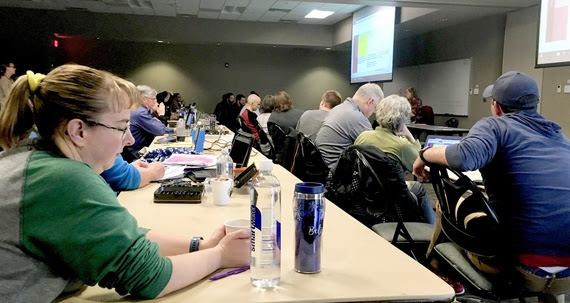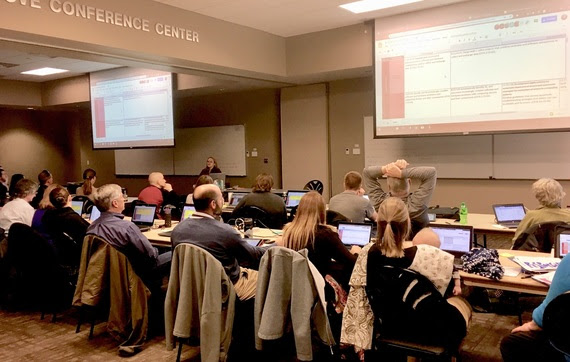Dear Superintendents,
REPORT CARDS
The Every Student Succeeds Act (ESSA) represents a significant shift in educational authority from the federal government to states and local schools. Over the past two years you’ve likely heard me talk about the new requirements for public reporting that will be a lift for every district and every school. Two years ago this deadline seemed far away–now it looms.
Local and state report cards are a tangible way to:
- link the federal and state accountability systems
- reveal inequities and strengths with student groups and set goals to address challenges
- link accountability to school improvement efforts
- report to the pubic in a meaningful way
As with all educational endeavors in Wyoming, we at the WDE view our role as partners in successful implementation. There is a memo this week that outlines some information about state and local reporting.
Of note, the WDE will provide two webinars to help schools and districts navigate the requirements and next steps. The webinars are scheduled for November 8th and 13th. The requirement to report locally is the responsibility of the local school district and the WDE will be available for technical assistance.
The report card is one of the first opportunities for the public to view school performance under the updated accountability system and how schools are meeting the needs of specific student groups such as English Learners (ELs).
STATE ESSA PLANS
The final state ESSA plan was recently approved. (Wyoming’s plan was approved in January of this year–link to news release.) As the nation is now fully immersed in the implementation phase of ESSA, many are reflecting on the planning process in states. One thing Wyoming took to heart during the planning process was stakeholder engagement. Because of the input we received, our state plan was reflective of diverse views and aligned with other education reform efforts.
Recently, the Collaborative for Student Success analyzed every state ESSA plan and found nearly 2,000 mentions of stakeholder organizations throughout the plans. The Collaborative sent a survey to stakeholder organizations, and 400 responded to the survey.
- 81% of survey respondents said they had great or some opportunity to provide feedback.
- 82% of survey respondents said they were either “very engaged” or “somewhat engaged” in the development of the state’s ESSA plan.
- 75% of survey respondents said they received follow-up information from state officials after the plan was submitted.
In Wyoming, I suspect those numbers would be similar or higher. Stakeholder engagement continues to be an underpinning of all our work with ESSA and other education efforts. We thank you and value our partnership!

Above and Below: the Computer Science standards committee meets in Casper this week to work on stand-alone CS standards for implementation by 2022.

Computer Science Standards Review Committee Members sit classroom style in a conference room reviewing outlines of the draft standards, which are projected onto large screens as the WDE Standards and Assessment Director, Laurie Hernandez, leads them through a facilitated discussion.
Memos to be released:
- 2018-123: Hathaway Scholarship Day
- 2018-123a: Elementary School Poster
- 2018-123b: Secondary School Poster
- 2018-123c: Hathaway Day Poster
- 2018-123d: Sixth-Grade Certificate
- 2018-123e: 3-4 Grade Worksheet
- 2018-123f: 5-6 Grade Worksheet
- 2018-124: Annual LEA Report Cards
Jillian






